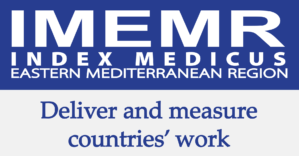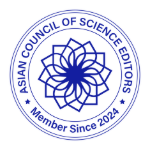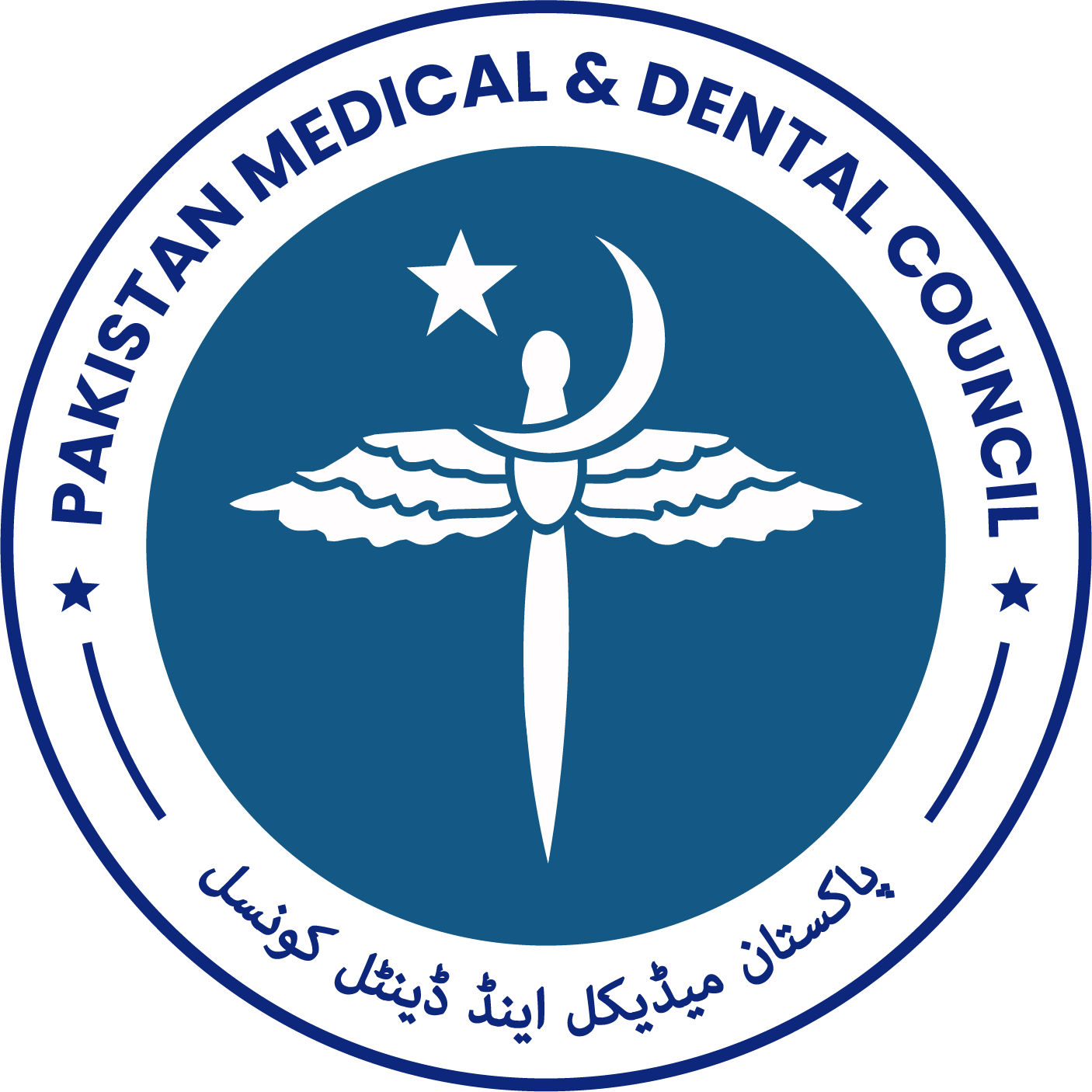Medical Students’ Views on Medical Ethics Education-A Mixed Method Study
DOI:
https://doi.org/10.53685/jshmdc.v3i2.129Abstract
Background: Medical Ethics (ME) is considered an integral component of medical education around the world. However, limited training is being offered to medical students in Pakistan.
Objectives: This study was designed to evaluate medical students' perspectives regarding medical ethics and to explore their experiences about medical ethics as a subject at a private medical college in Lahore, where Medical Ethics was formally introduced as part of the undergraduate curriculum in 2017.
Methods: This mixed-method study included medical students from all five years of medical college. Quantitative component included a survey questionnaire, and the sample size was 410. Convenient sampling technique was used. Qualitative component included focus group discussions. The students who have attended medical ethics lectures were included in the study.
Results: The response rate was 82.72%. There were more females in gender distribution; 76.1% were female and 23.9% were male. Most respondents (74.9%) found medical ethics classes interesting and 72% thought that lecture sessions were important in medical ethics.
Conclusions: Medical students find medical ethics as an important component of medical education. Although it is hard to correlate ethics education with their clinical experience as medical students, they believe that medical ethics education can be useful. Social and cultural issues inform clinical decision-making in Pakistan and hence these discussions should be incorporated into medical education. Further studies must be conducted on the actions that need to be taken to help students internalize the ethical issues.
References
Beauchamp T, Childress J. Principles of Biomedical Ethics: Marking Its Fortieth Anniversary. Am J Bioeth. 2019; 19(11): 9- 12. doi: 10.1080/15265161.2019.1665402. DOI: https://doi.org/10.1080/15265161.2019.1665402
Doherty RF. Ethical Dimensions in the Health Professions-E-Book. 7thed Elsevier Health Sciences; 2020.
Olejarczyk JP, Young M. Patient Rights and Ethics. In: StatPearls. StatPearls Publishing, Treasure Island (FL); 2022.
Aitchison L, Steiner-Birmanns B, Weishut D. We need to teach human rights in medical schools. Torture Journal. 2021; 31(2):147-148.doi: 10.7146/torture.v31i2.128025 DOI: https://doi.org/10.7146/torture.v31i2.128025
Mackey TK, Vian T, Kohler J. The sustainable development goals as a framework to combat health-sector corruption. Bull World Health Organ. 2018; 96(9): 634-643 doi: 10.2471/BLT.18.209502 DOI: https://doi.org/10.2471/BLT.18.209502
Vian T. Anti-corruption, transparency and accountability in health: concepts, frameworks, and approaches. Glob Health Action. 2020; 13(sup1): 1694744. doi: 10.1080/16549716.2019.1694744 DOI: https://doi.org/10.1080/16549716.2019.1694744
Shiraz B, Shamim MS, Shamim MS, Ahmed A. Medical ethics in surgical wards: knowledge, attitude and practice of surgical team members in Karachi. Indian J Med Ethics. 2005; 2(3): 94-96. doi: 10.20529/IJME.2005.048.. DOI: https://doi.org/10.20529/IJME.2005.048
Sathirareuangchai S. Medical students’ and interns’ attitudes toward medical ethics education in a Thai medical school. Siriraj Med J. 2016; 68(2): 97-103.
Khan MA, Zafar B. Perception of medical students regarding medical ethics teaching in their curriculum. Pak. J. Rehabil. 2017; 6(1): 51-57. DOI: https://doi.org/10.36283/pjr.zu.6.1/008
Harris JA, Byhoff E. Variations by state in physician disciplinary actions by US medical licensure boards. BMJ Qual Saf. 2017; 26(3): 200-208. doi: 10.1136/bmjqs- 2015-004974. DOI: https://doi.org/10.1136/bmjqs-2015-004974
Aacharya RP, Shakya YL. Knowledge, attitude and practice of medical ethics among medical intern students in a Medical College in Kathmandu. BJBio. 2015; 6(3): 1-9. doi: 10.3329/bioethics.v6i3.27613 DOI: https://doi.org/10.3329/bioethics.v6i3.27613
Jatana SK, Soe HH, Phyu KL, Lwin H, Than NN. A survey on knowledge and attitudes towards medical ethics among undergraduate medical students. Education. 2018; 8(3): 48-53. doi:10.5923/j.edu.20180803.03
Souza AD, Vaswani V. Diversity in approach to teaching and assessing ethics education for medical undergraduates: A scoping review. Ann Med Surg (Lond). 2020; 56: 178-185. doi:10.1016/j.amsu.2020.06.028. DOI: https://doi.org/10.1016/j.amsu.2020.06.028
Asghari F, Samadi A, Rashidian A. Medical ethics course for undergraduate medical students: a needs assessment study. J Med Ethics Hist Med. 2013; 6: 7.
Rabbani MW, Mujtaba M, Naeem F, Ullah E. Knowledge and awareness of medical ethics among medical graduates from two medical colleges in Lahore, Pakistan. RMJ. 2014; 39(3): 341-343
Humayun A, Fatima N, Naqqash S, Hussain S, Rasheed A, Imtiaz H, Imam SZ. Patients' perception and actual practice of informed consent, privacy and confidentiality in general medical outpatient departments of two tertiary care hospitals of Lahore. BMC medical ethics. 2008; 9(1): 1-8. doi: 10.1186/1472-6939-9-14 DOI: https://doi.org/10.1186/1472-6939-9-14
Johnston C, Haughton P. Medical students’ perceptions of their ethics teaching. J Med Ethics. 2007; 33(7): 418-422.doi:10.1136/jme.2006.018010 DOI: https://doi.org/10.1136/jme.2006.018010
Mattick K, Bligh J. Undergraduate ethics teaching: revisiting the Consensus Statement. Med Educ. 2006; 40(4): 329-332. doi:10.1111/j.13652929.2006.02407.x. DOI: https://doi.org/10.1111/j.1365-2929.2006.02407.x
Aguilera ML, Martínez Siekavizza S, Barchi F. A practical approach to clinical ethics education for undergraduate medical students: a case study from Guatemala. J Med Educ Curric Dev. 2019; 6: 2382120519869207. doi:10. 1177/2382120519869207 DOI: https://doi.org/10.1177/2382120519869207
Saleem S, Tariq S. Developing Ethical Leadership in Health Care-Experience of Introducing Bioethics in Post Graduate Training. Global bioethics enquiry. 2020; 8(3): 164-171. DOI: https://doi.org/10.38020/GBE.8.3.2020.164-171
Downloads
Published
How to Cite
Issue
Section
License
Copyright (c) 2022 Sarosh Saleem, Iqra Ghulam Rasool, Sadia Rehman Rao Rao, Omar Nisar, Samaha Nisar

This work is licensed under a Creative Commons Attribution-NonCommercial 4.0 International License.
You are free to:
- Share — copy and redistribute the material in any medium or format
- Adapt — remix, transform, and build upon the material
- The licensor cannot revoke these freedoms as long as you follow the license terms.
Under the following terms:
-
Attribution — You must give appropriate credit, provide a link to the license, and indicate if changes were made. You may do so in any reasonable manner, but not in any way that suggests the licensor endorses you or your use.
-
Non Commercial — You may not use the material for commercial purposes.
-
No additional restrictions — You may not apply legal terms or technological measures that legally restrict others from doing anything the license permits.





















